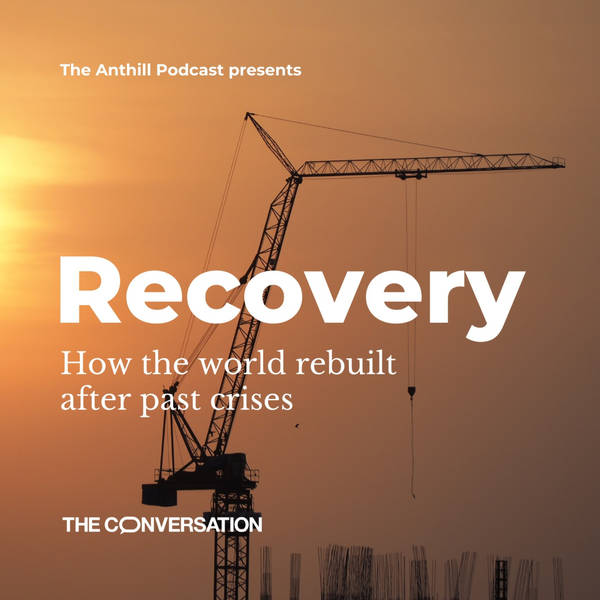
Recovery part six – 2008 financial crisis and lessons for today
The 2008 financial crisis resulted in the worst global recession since the second world war. The collapse of US investment bank Lehman Brothers in September 2008 caused a meltdown of the global financial system. Money markets froze and there was a major credit crunch as the ability to borrow money suddenly dried up.
To stop contagion and make sure other major financial institutions didn’t collapse, governments stepped in to shore up the system by bailing out the banks. Anastasia Nesvetailova, professor of international political economy at City, University of London, explains what these bailouts involved and why they were so necessary.
Aidan Regan, associate professor at University College Dublin, tells us how the crisis spread across the eurozone and why some countries rebounded a lot more quickly than others. We also discuss how the austerity policies that many governments adopted following the 2008 financial crisis hampered economic growth.
And we explore how emerging markets such as Brazil and China were affected by the 2008 financial crisis. Carolina Alves, fellow in economics at the University of Cambridge, outlines how they were shielded from some elements of the crisis but also left vulnerable to the large reduction in finance that followed.
You can read more research into the 2008 financial crisis and what lessons we can learn from it for today's coronavirus recovery alongside other articles in our Recovery series, which accompany this podcast.
This episode was produced by Gemma Ware and Annabel Bligh, with sound design by Eloise Stevens.
The Anthill is a podcast from The Conversation UK. We’re an independent news media outlet that exists purely to take reliable, informed voices direct to a wide audience. If you’re able to to support our work, please consider donating via our website. Thanks to everyone who has already done so.
Hosted on Acast. See acast.com/privacy for more information.
